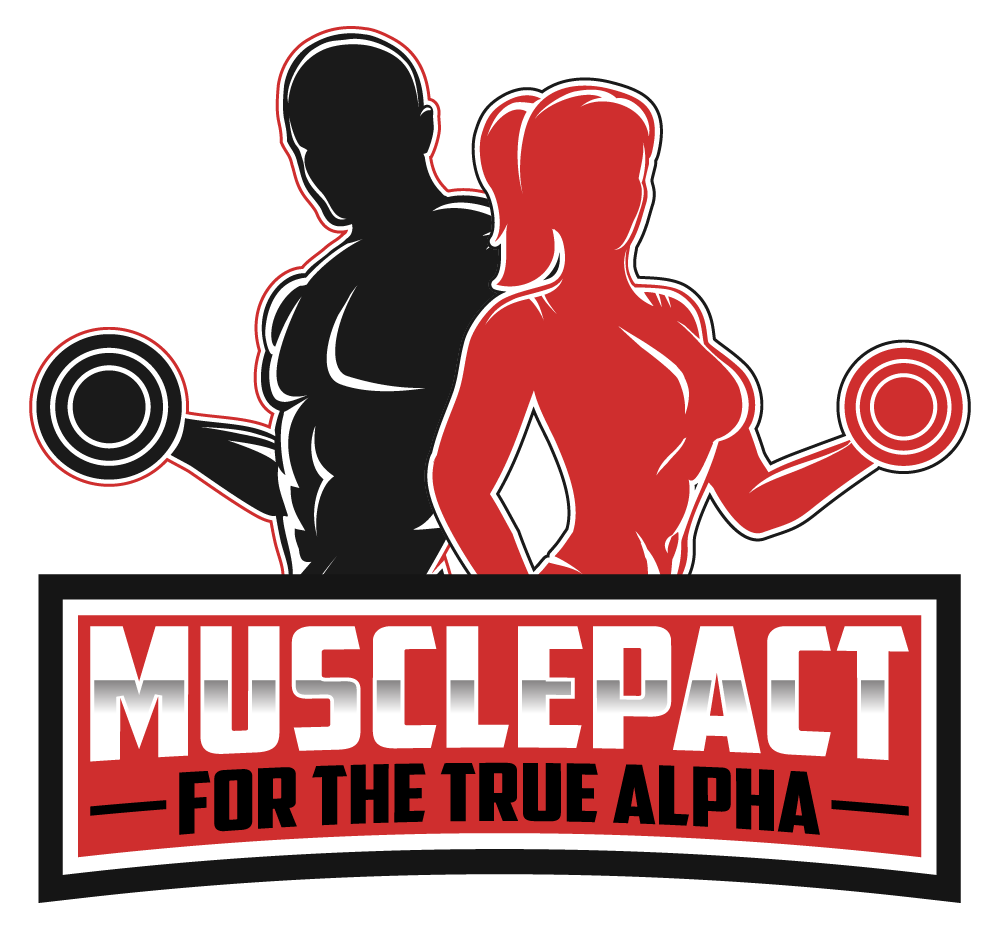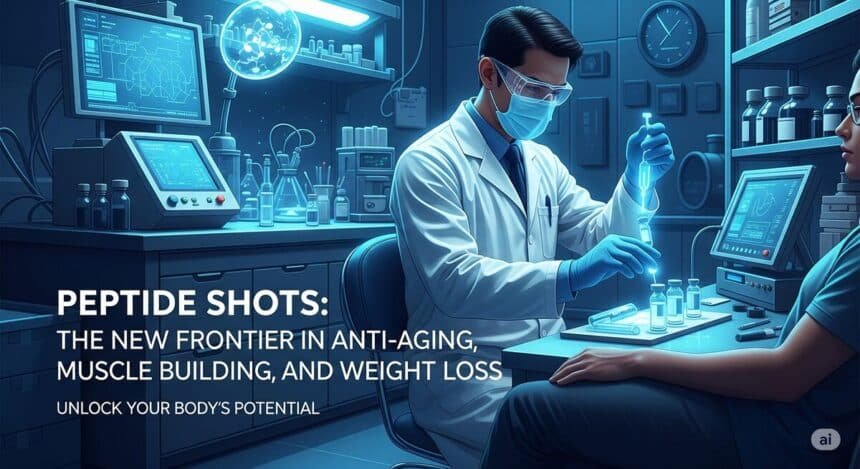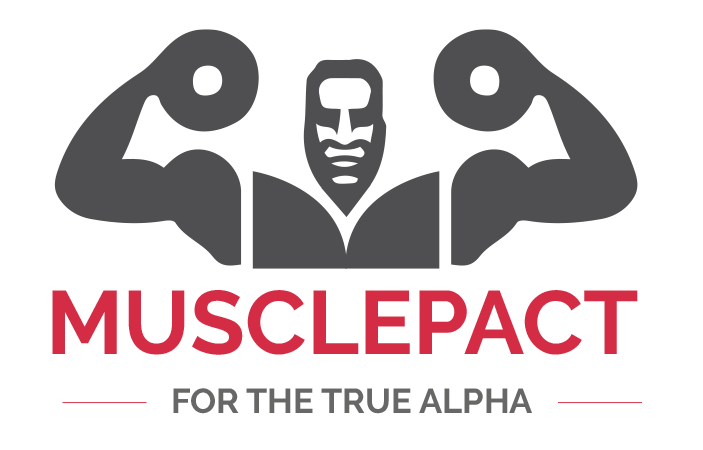Peptide shots have quietly exploded into wellness circles—from New York City med spas to the corner gym near you. These tiny vials of injectable amino-acid chains promise everything from firmer skin to leaner bellies.
And you don’t even need a prescription. Intriguing, right?
Let’s unpack why everyone’s buzzing about BPC-157, tesamorelin, cerebrolysin, and more.
What Exactly Are Peptides?
A peptide is essentially a short chain of amino acids—nature’s building blocks—tweaked to whisper instructions to your hormones. Pills can’t handle most peptides; they’d just break down. So people inject them as clear liquids with a fine, short needle. Suddenly, it feels a bit sci-fi: a microdose here, a jab there, and you might be on your way to burning stubborn visceral fat or rebuilding muscle fibers.
“What’s great about peptides is that they mimic the body,” says Dr. Florence Comite, who’s been peeking at peptide potentials since her NIH days over 30 years ago. And she isn’t alone—practitioners in concierge medicine report that virtually everyone is asking for these treatments.
A Slippery In-Between
Peptides hover between prescription drugs and everyday supplements. Think Ozempic and Mounjaro (both GLP-1 peptides) or insulin for diabetics. Then there’s creatine—yes, that popular workout powder—which technically qualifies as a peptide. They’re everywhere: in skin creams, hair serums, even anti-wrinkle formulas, but injectables are where the hype hits a fever pitch.
The Gym Bro Favorites
If you’ve scrolled fitness subreddits or YouTube channels, you’ll spot “peptide stacks” aimed at chiseled gains and speedy recovery. Here’s the who’s who:
- BPC-157 (“Wolverine” shot): Derived from stomach juices, it’s lauded for supercharging healing and easing inflammation.
- Tesamorelin: Originally for HIV patients to zap excess belly fat.
- Sermorelin: Marketed for deeper sleep and faster post-workout repair.
- CJC-1295 + Ipamorelin Combo: The duo links to growth hormone receptors and the hypothalamus, promising amplified muscle growth.
Stack them, they say, and watch the magic unfold. But magic tricks tend to come with caveats.
The Appeal: Natural, Not Synthetic?
What sets peptides apart in the wellness world is their “natural” buzz.
Unlike synthetic growth hormones, which carry risks—think diabetes or cancer—peptides are pitched as your body’s own processes given a gentle nudge.
Dr. Sajad Zalzala of AgelessRx explains the rationale: even if you stimulate more growth hormone, “your body’s only going to be able to make so much.” Imagine a check valve that prevents runaway hormone production. That’s the selling point, at least.
But can a few micrograms of peptide really shift decades of aging or fat storage? The jury’s still out. Anecdotes abound, but robust, large-scale clinical trials are practically non-existent. We’re pivoting on rodent studies and small human experiments from years ago.
So, yes, some healthy skepticism is warranted.
FDA Crackdown and Sourcing Snafus
Here’s where things get messy. As peptide demand skyrockets, the FDA has tightened the noose. What started with concerns over compounding errors has ballooned into a crackdown that lists 26 peptides as “significant safety risks” by the end of 2023.
Many aficionados now order “research-only” peptides online—stuff meant for lab beakers, not human bodies. Think of it like trying to fix your plumbing with industrial solvents: it might look similar, but who knows what you’re really pumping into your system?
Dr. Comite laments the difficulty in finding reliable compounded liquid BPC-157 today. She’s resorted to patches for her own sore joints—tiny, sticky, and admittedly, just enough to keep her moving without a prescription.
Anecdotes in Action
Bracken Darrell, CEO of VF Corporation and Comite’s patient, tore his meniscus last season. Under her supervision, he began injecting BPC-157 three to four times a week. He admits it felt “weird” at first—pinching a bit of skin behind the knee—but soon it was part of his routine. He’s back on the court, which he credits, at minimum, to not hurting anything.
“My wife tried a patch on her knee too,” adds Dr. Zalzala. “She swears by it.” But both doctors caution: these stories are fun, yet hardly proof of universal effectiveness.
Expert Advice: Proceed with Caution
Even the biggest peptide evangelists agree on two rules:
- Start slow. Low-and-slow dosing helps avoid organ overgrowth—yes, your liver or spleen could literally inflate if you go overboard.
- Test your source. Have an independent lab verify your peptides. If you’re paying good money, at least know what’s real and uncontaminated.
Dr. Eric Topol nails it: “Where’s the data?” He points to a gap between hype and hard evidence. And honestly, that gaping chasm deserves respect.
Your Move
Are peptide shots the silver bullet for aging, muscle, and fat loss? Maybe. Maybe not. They’re seductive, sure, but they come with unanswered questions—and some risk.
What’s your take? Have you tried a peptide stack, or did you stick to barbells and a keto diet? Drop a comment below, share your experience, or tell us what you’d like to see next.
And hey, follow us on Facebook, Instagram and Pinterest for the latest deep dives, fitness hacks, and maybe a few more unsolicited opinions. We promise to keep it real.
Sources
- www.apa.org/monitor/2025/07-08/weight-loss-drugs-mental-health
- www.businessinsider.com/peptide-shots-popular-for-anti-aging-muscle-building-weight-loss-2025-7
- www.aol.com/gym-bros-taking-natural-injections-104101053.html






